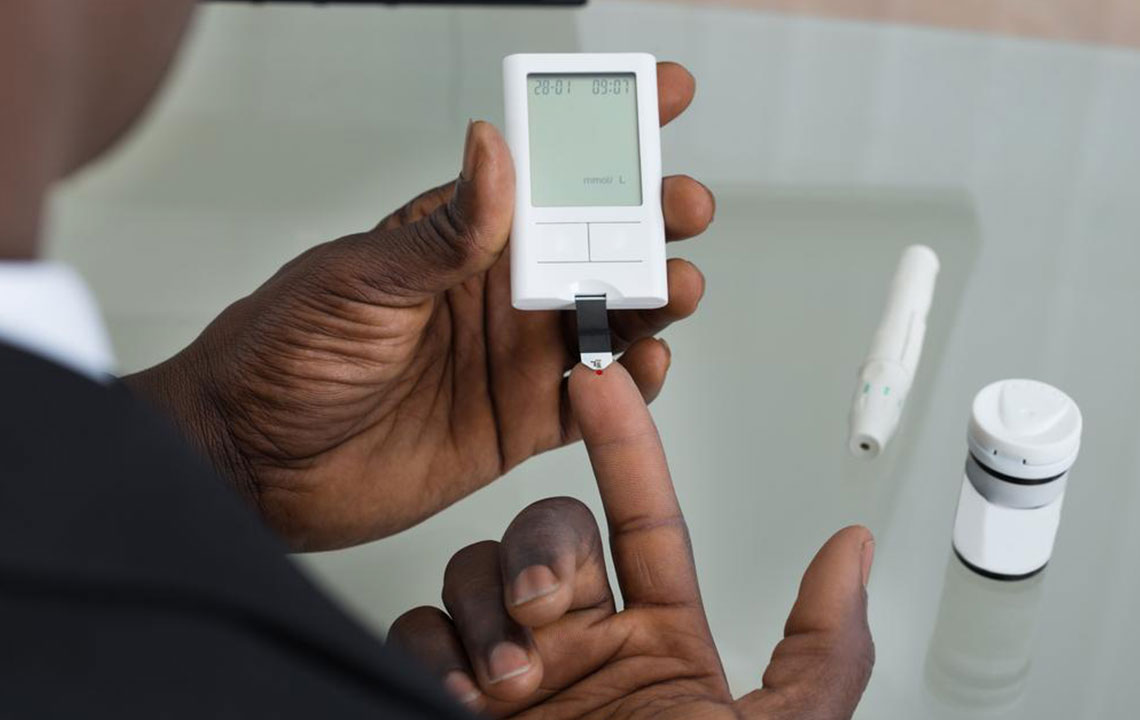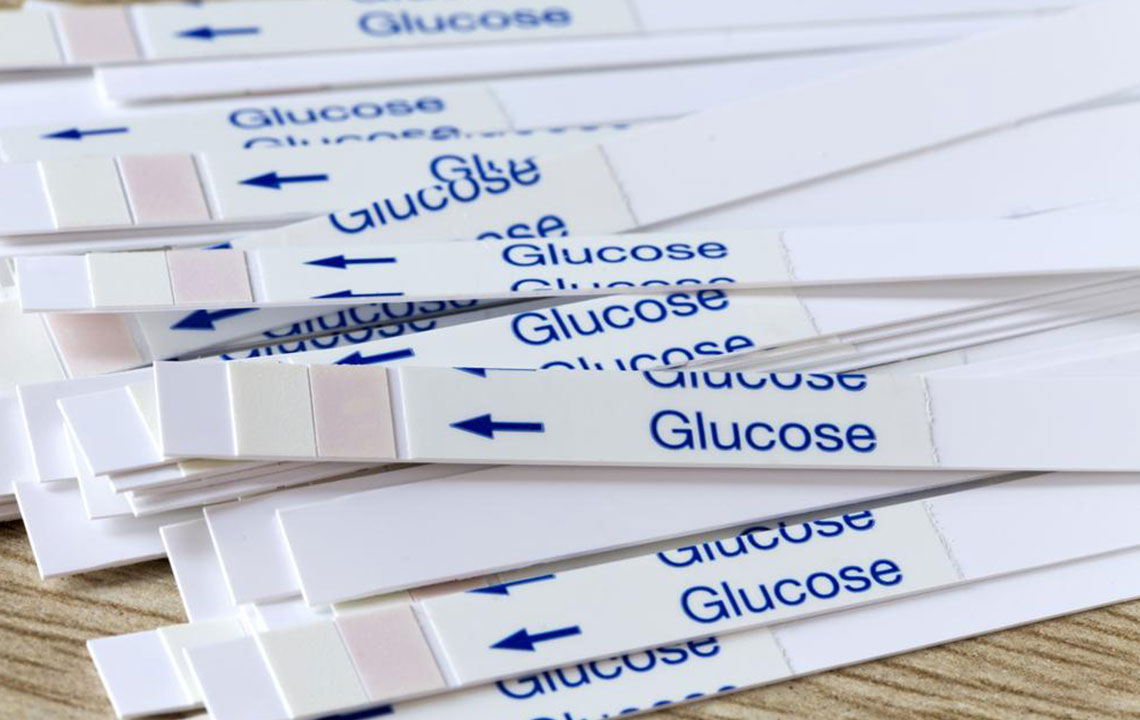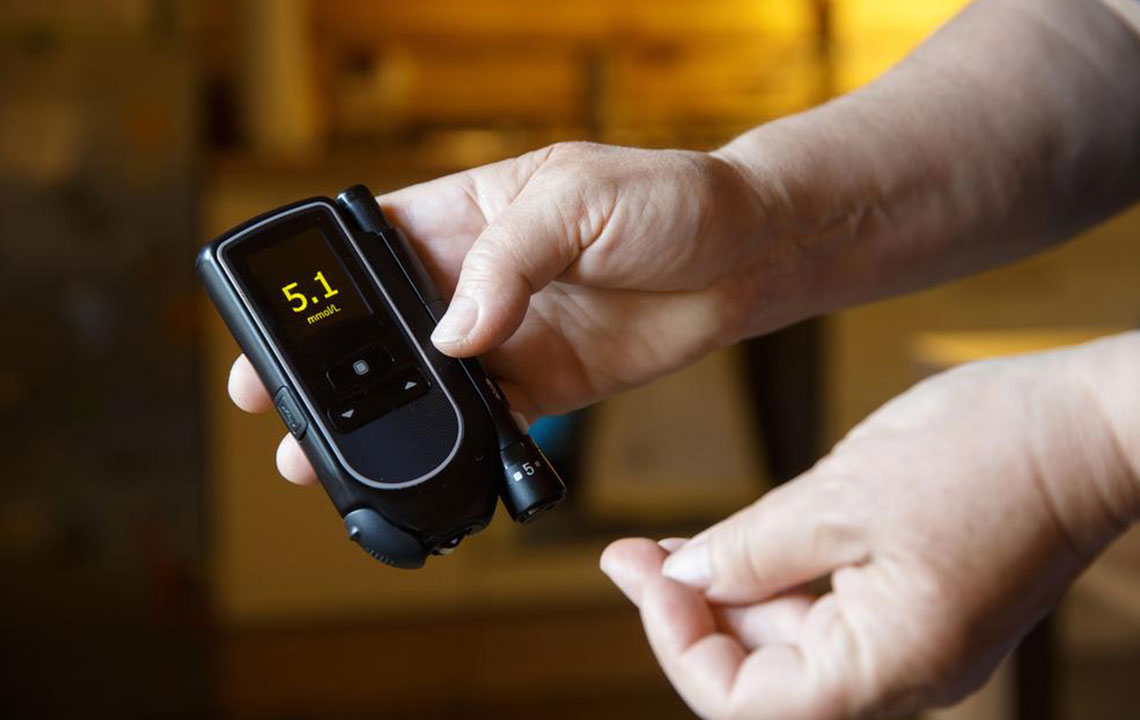Strategies to Control Elevated Blood Sugar Levels
This article explores effective strategies for managing high blood sugar levels, emphasizing medication, diet, and exercise. It highlights the importance of regular monitoring and consulting healthcare professionals for personalized care. Practical tips include maintaining a balanced diet, adhering to medication schedules, and staying active to prevent complications associated with hyperglycemia and improve overall health.
Sponsored

Managing high blood sugar, or hyperglycemia, is crucial for diabetic patients. This condition occurs when glucose builds up in the bloodstream due to inadequate insulin production or ineffective insulin usage. If left unmanaged, it can lead to serious health issues such as tissue damage in the brain and kidneys. Glucose is produced by the liver and muscles, and it is also obtained from dietary sources. Ensuring proper regulation is key to preventing complications.
The circulating glucose is transported throughout the body via the bloodstream, which requires insulin—a hormone produced by the pancreas. Insufficient insulin results in excess glucose in the blood, causing elevated levels. Causes of high blood sugar include: excessive carbohydrate intake, high stress, inadequate insulin production, lack of physical activity, illness, infections, and certain medications, including steroids.
Monitoring blood sugar levels is vital for managing hyperglycemia. A blood sugar chart serves as an effective reference during tests, helping to determine if levels are within normal range. Generally, blood glucose exceeding 130 mg/dl before meals or 180 mg/dl post-meal indicates high levels. Regular tracking over time offers insights into the condition's progression. Targets for blood sugar levels vary based on age, health status, and lifestyle. Consult your healthcare provider if you notice persistent high readings. Potential management strategies include:
Medication
Following your doctor's prescribed medication schedule is essential. Proper adherence and adjustments in dosage or timing may be necessary if blood sugar remains high. Your healthcare provider may modify your insulin or other drugs to optimize control.
Dietary Management
Adopting a balanced diet rich in vegetables, fruits, and whole grains can significantly help maintain blood sugar levels. Reducing or avoiding alcohol and tobacco enhances medication efficacy. Eating smaller, frequent meals without high sugar or excessive carbohydrate foods helps stabilize blood glucose.
Physical Activity
Regular exercise enhances overall health, boosts immunity, and aids blood sugar regulation. Consistent routines support normal levels, but some conditions may restrict activity; always follow your doctor's advice regarding exercise intensity and frequency.






